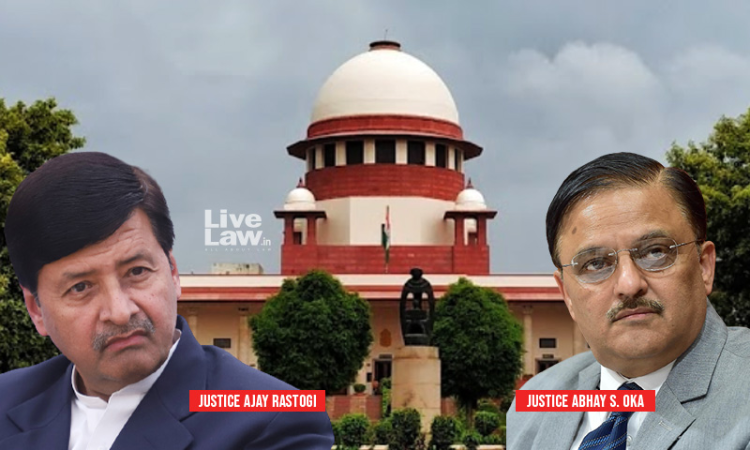Rights Of Parents Irrelevant When Court Decides Custody Of Their Child: Supreme Court
LIVELAW NEWS NETWORK
13 Jan 2022 9:25 AM IST

Next Story
13 Jan 2022 9:25 AM IST
The Supreme Court has observed that the rights of the parents are irrelevant when a Court decides the issue of custody of their minor child.The issue of custody of a minor, whether in a petition seeking habeas corpus or in a custody petition, has to be decided on the touchstone of the principle that the welfare of a minor is of paramount consideration, the bench of Justices Ajay Rastogi and...
